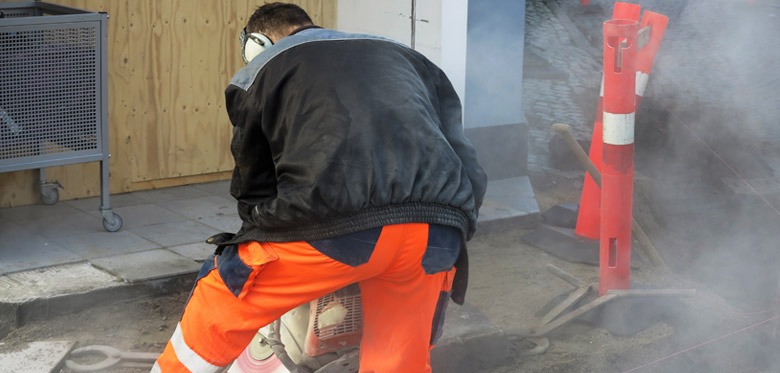Stephensons is supporting the national Tinnitus Awareness Week 2016 and helping to educate people about the life changing condition.
According to the independent charity, the British Tinnitus Association (BTA), tinnitus is “the condition of noises heard in the head/ears” which can “affect sleep and concentration; cause distress and lead to anxiety and depression”. It is neither a disease nor an illness but is a symptom which occurs in the hearing system, creating intermittent or continuous noises of varying pitches – such as ringing, whistling, buzzing or humming.
Tinnitus tends to be caused by exposure to loud noise, often in the workplace, and the BTA supports more than 270,000 people per year with the condition. While there is no cure currently for tinnitus, the symptoms should lessen over time – but the timeframe varies from person to person.
Stephensons’ partner, Kate Sweeney, said: “Noise is one of the greatest but least understood risks at work. Manufacturing, construction and even call centre workers are particularly at risk from noise related problems like tinnitus, but almost all workplace environments can pose a health threat. Tinnitus Awareness Week plays a vital role in helping all employees evaluate the impact that noise might be having on their hearing.
“Your employer has a duty to provide a safe working environment. However, until recently, many employers have failed to fully appreciate the medical problems associated with noise. Nor have they taken sufficient steps to prevent workers from being exposed to it and, as a result, many employees have suffered tinnitus problems. We know this can have a profound effect on people’s quality of life.”
There are several questions you can ask to help understand whether workplace noise could be affecting your hearing:
Are you conscious of noise at work?
Do you need to raise your voice for colleagues to hear you?
Are there heavy, noisy machines used at work?
Is sudden, loud noise typical of your workplace – such as hammering or explosions?
There are also a number of steps you can take to protect yourself from noise at work, such as wearing ear protection, asking your employer to move you away from noisy machinery or give you breaks from it, and ensuring you undertake regular hearing tests.
If you need to seek legal advice about tinnitus, contact our specialist team of solicitors on 01616 966 229.


